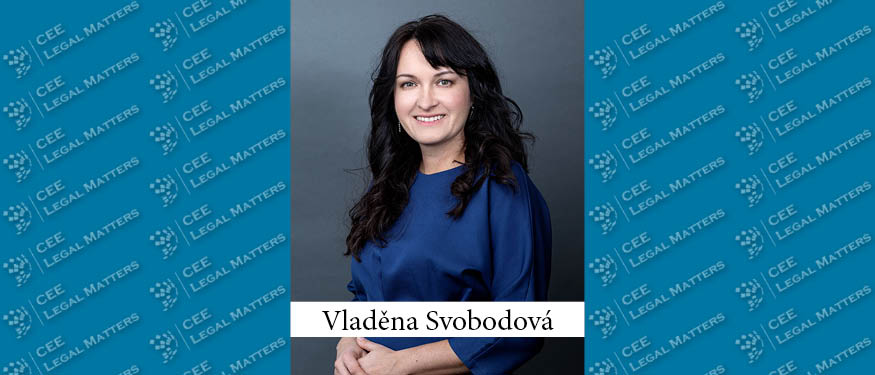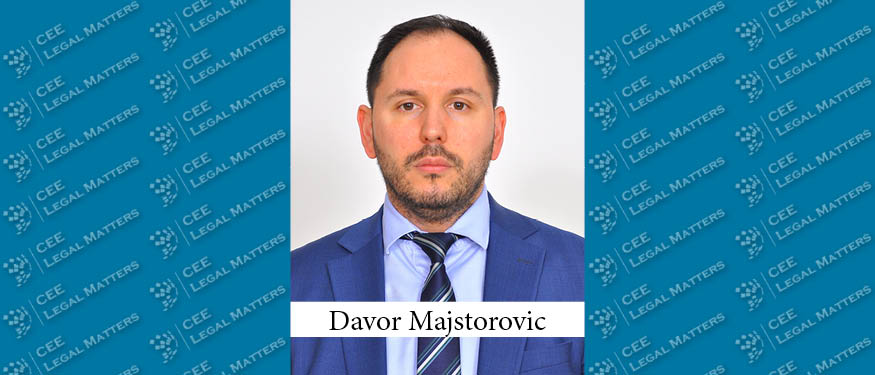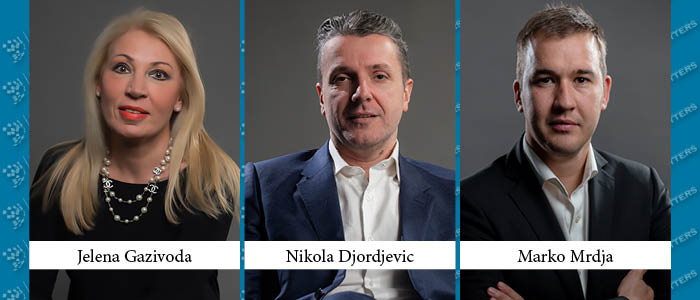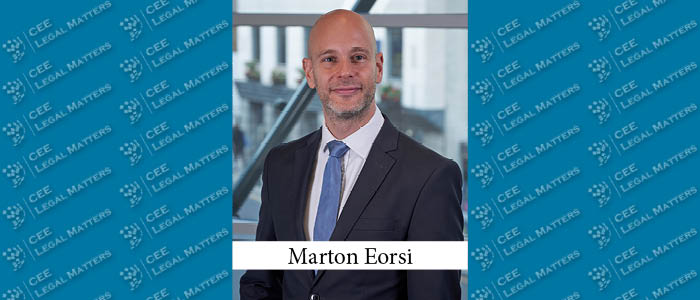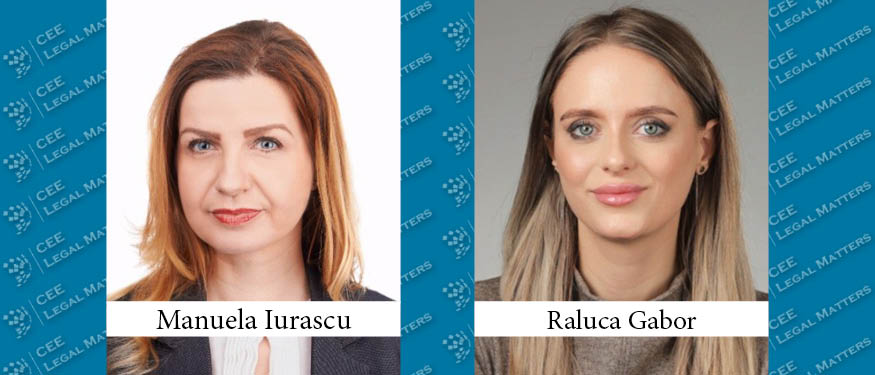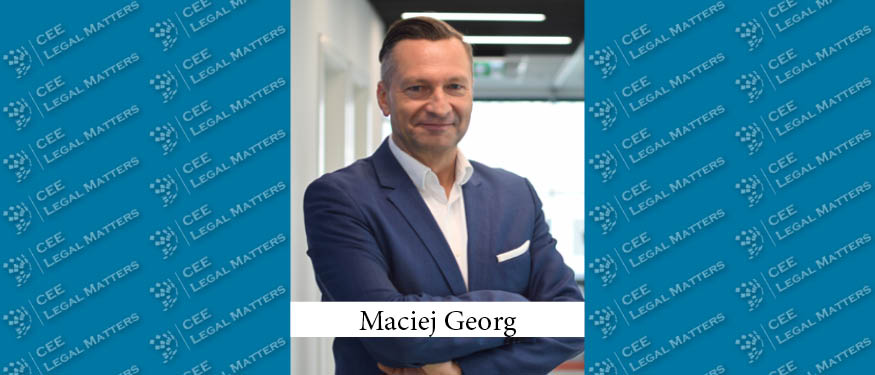Are you going to argue legal professional privilege? If so, you may be interested in a recent judgment of the Court of Justice of the European Union (the "CJEU"), which significantly expands the scope of legal professional privilege.
In the judgment, Orde van Vlaamse Balies and Others v Vlaamse Regering, C-694/20, the CJEU extended the interpretation of legal professional privilege beyond "mere" legal defence activity. In other words, the "new" scope of legal professional privilege covers any communication between external counsels and their clients, i.e. any legal advice, regardless of whether it relates to the client exercising their rights of defence.
What does this mean in practice? The new"scope" of confidential communications between external counsel and client applies, for example, to dawn raids conducted by the European Commission at companies' business premises. The European Commission can no longer take a "cursory look" at "superficial features" of the relevant documents during dawn raids. The European Commission may also no longer ask for such documents in a request for information, which usually follows dawn raids. Even the mere fact of having consulted a lawyer should remain confidential.
Will this judgment also impact national competition authorities? While national legal practice has yet to respond to the judgment, given that national competition authorities are obliged under Council Regulation (EC) No. 1/2003 to apply national competition law in line with the principles of European law, we can expect the extended scope of confidentiality to be reflected in proceedings carried out by the Czech Office for the Protection of Competition.
For all these reasons, we can recommend including external counsel in written communication that may be potentially relevant for national competition authorities. Even communication that was exchanged five years prior to the European Commission's dawn raid was covered by the confidentiality principle. It is also important to clearly and consistently mark communication as "privileged & confidential". Discuss sensitive information in person or on the phone rather than in writing. Where possible, it is advisable to keep confidential information in separate files from "usual" corporate information.

